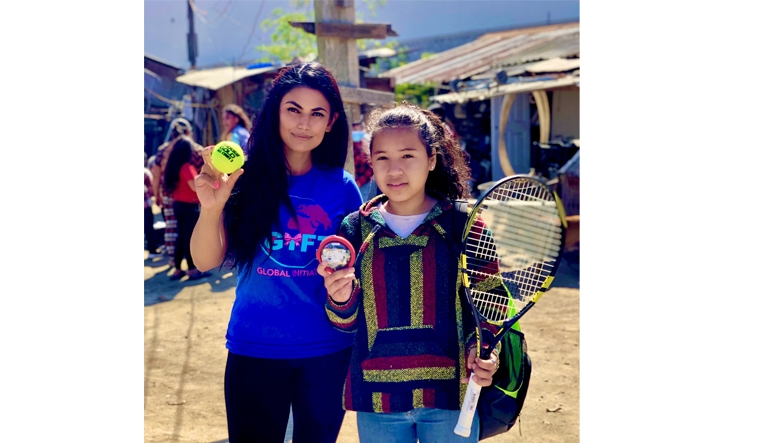
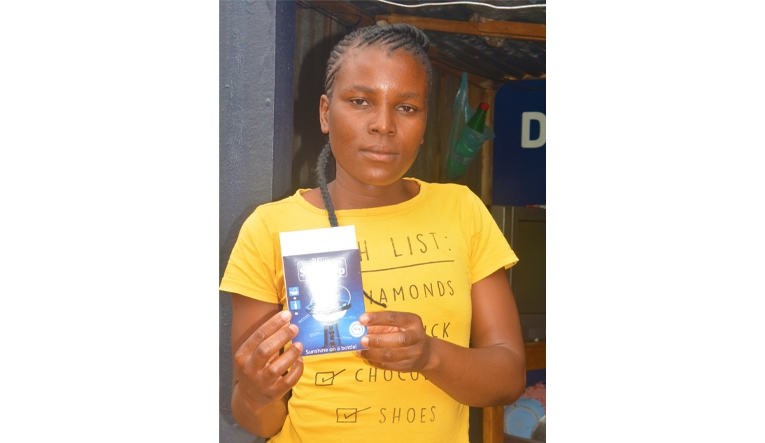
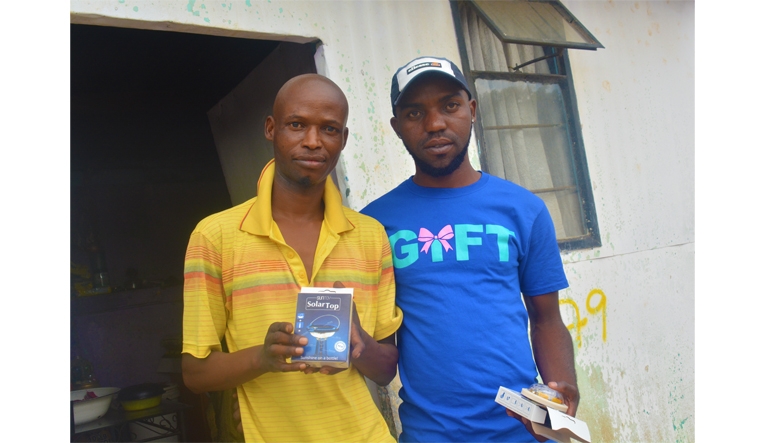
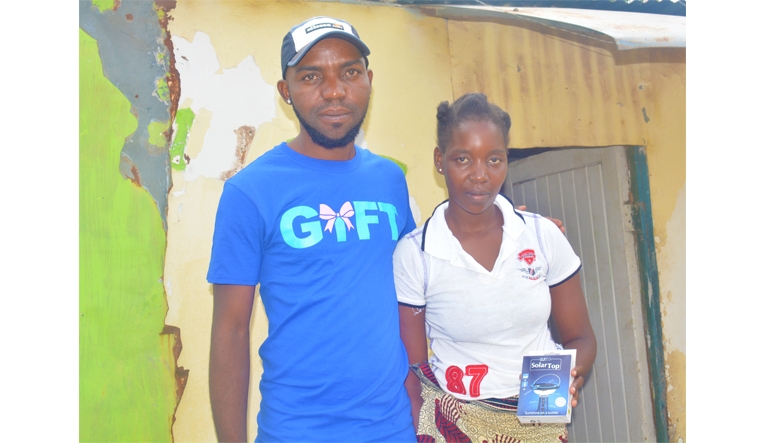
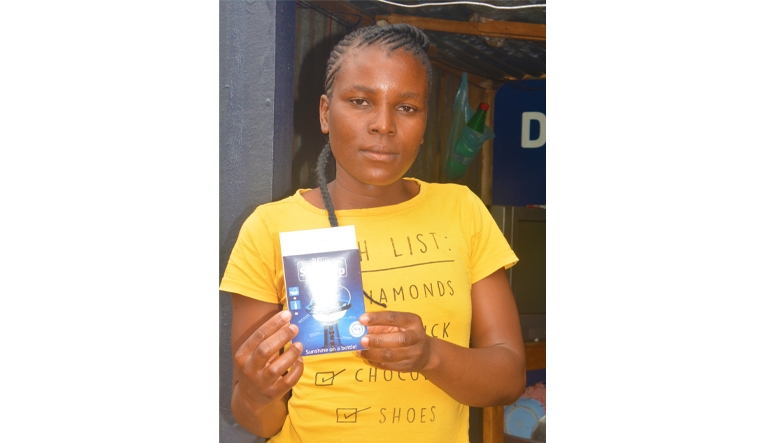
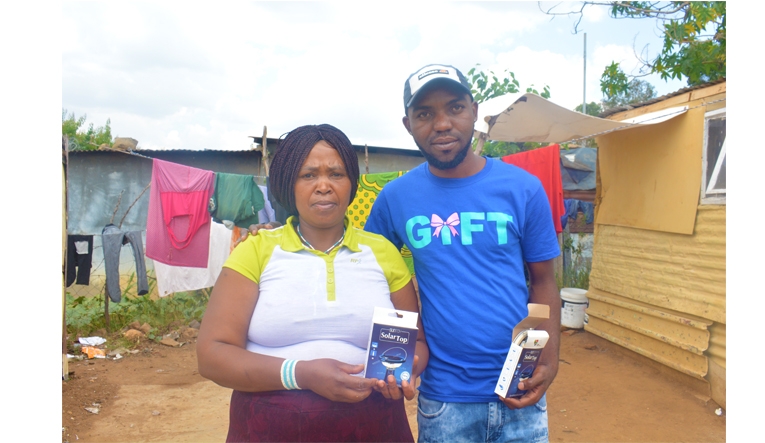
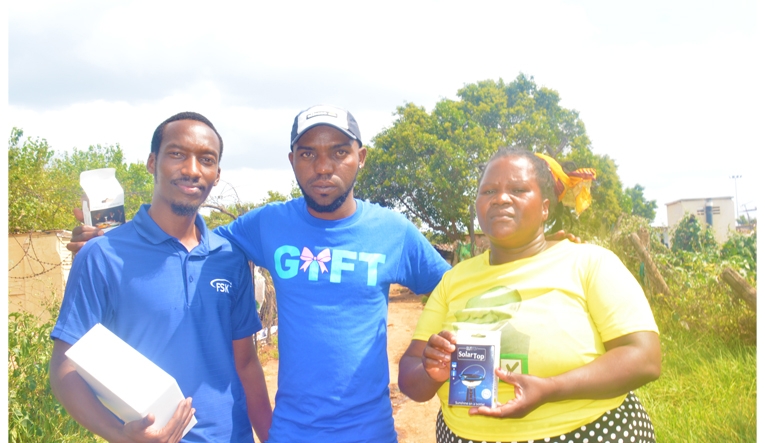
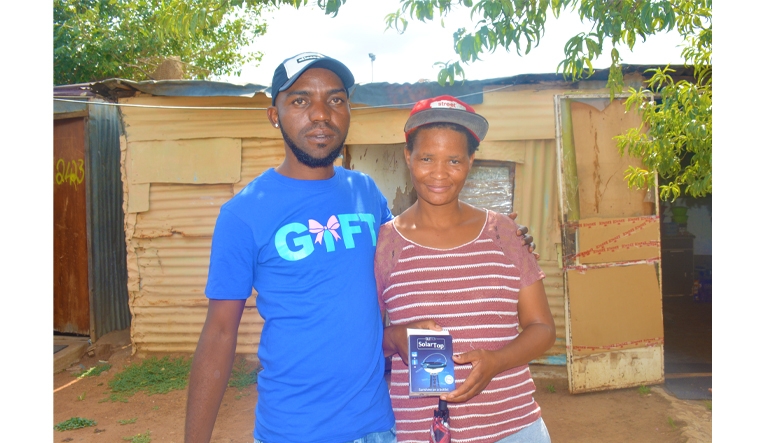
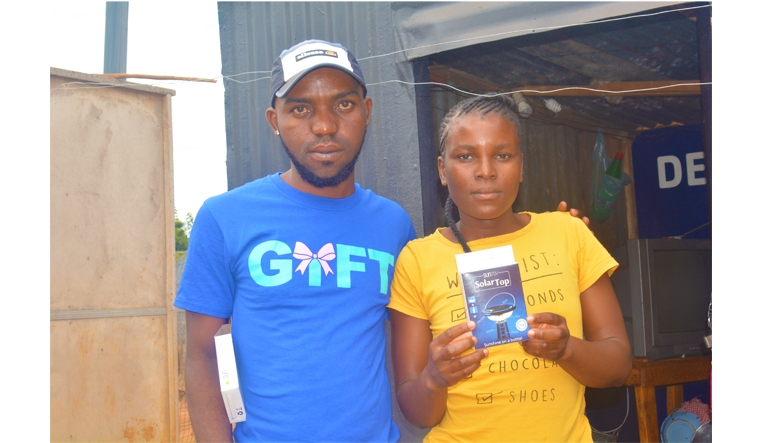
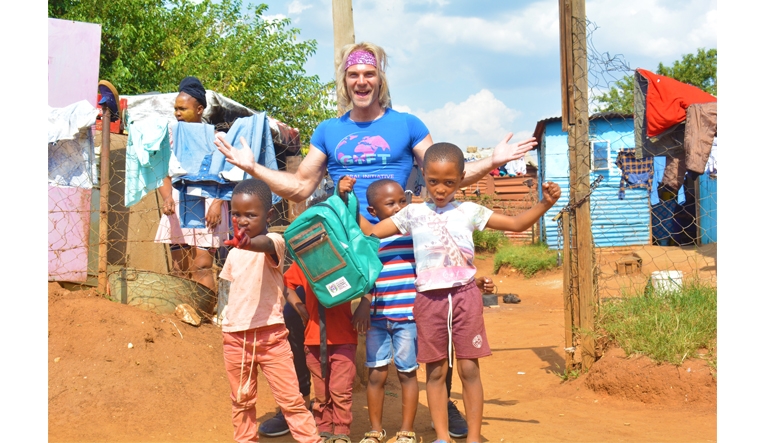
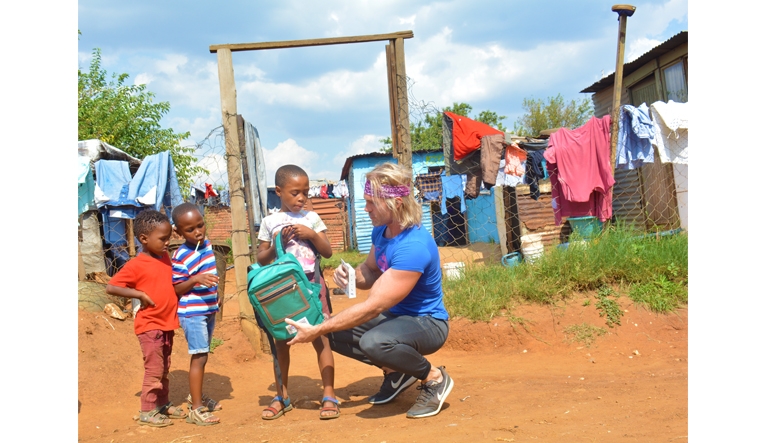
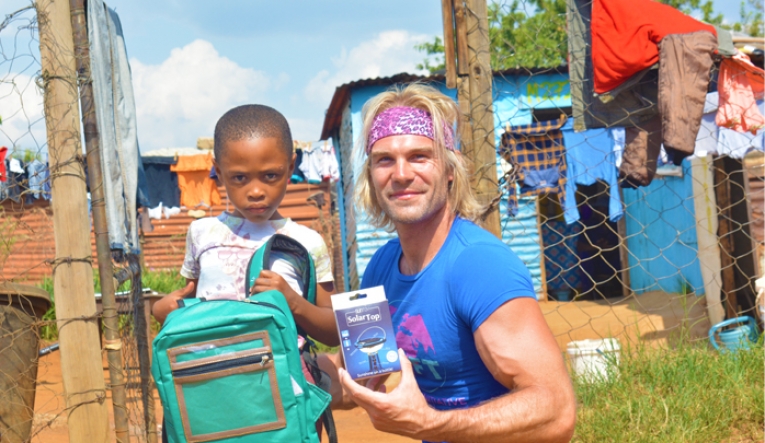
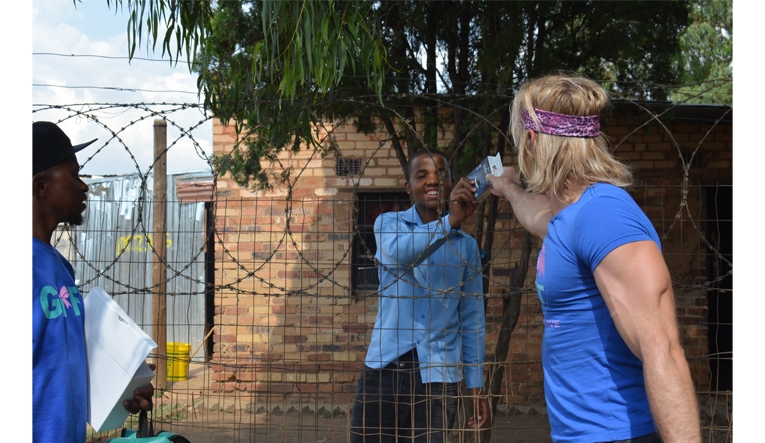
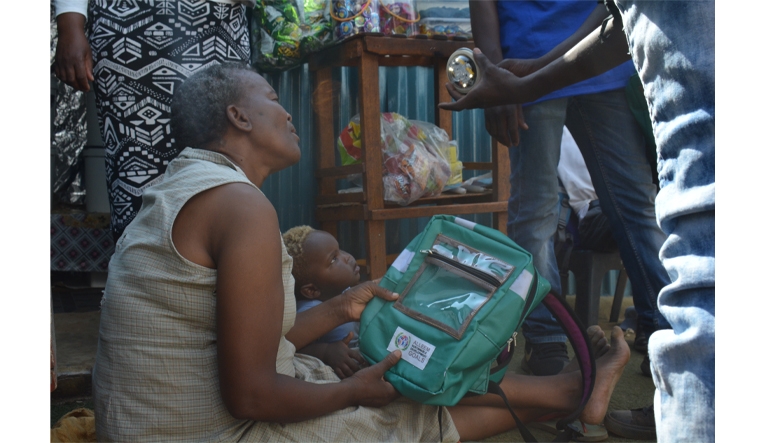
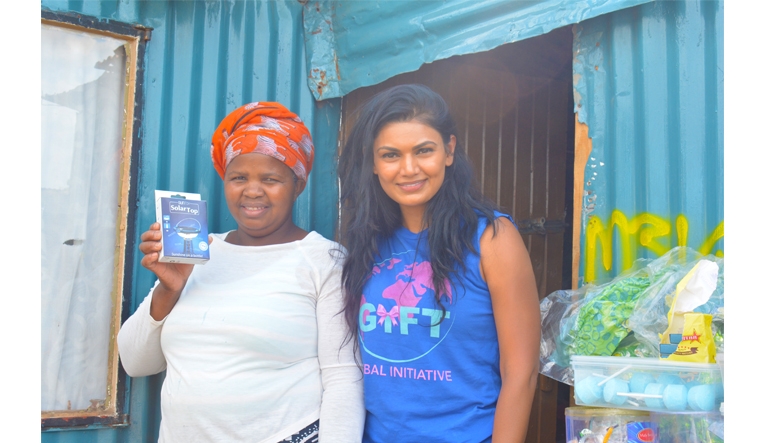
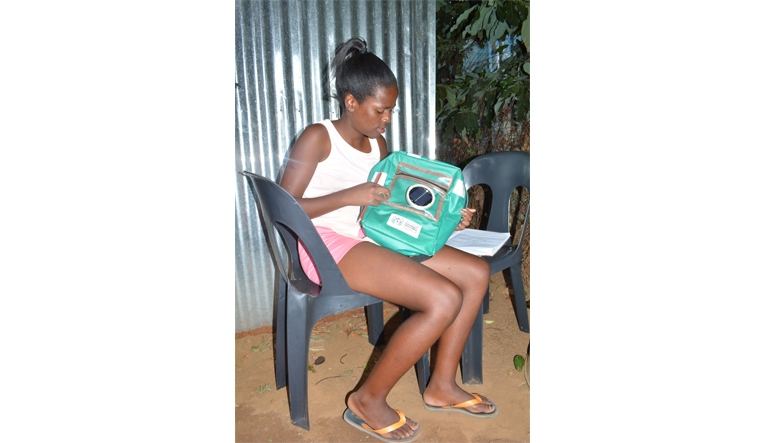
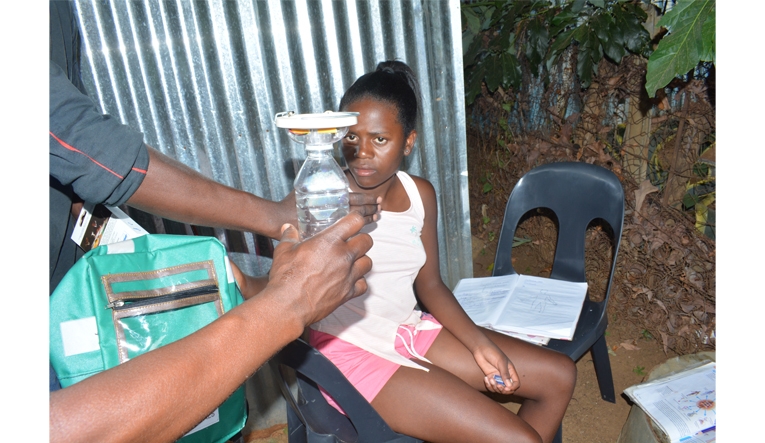
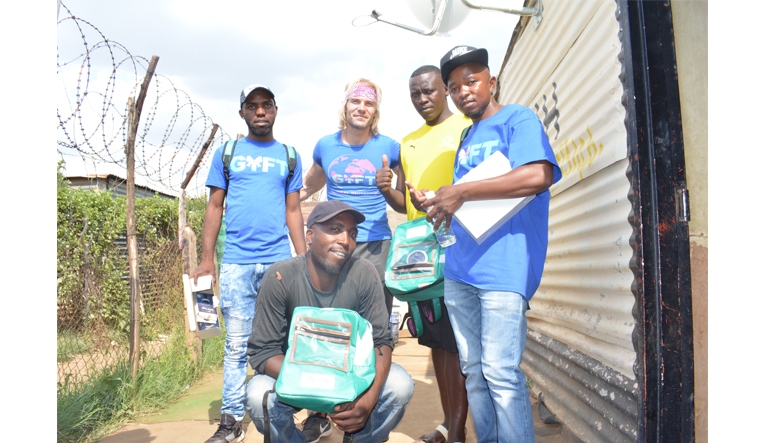
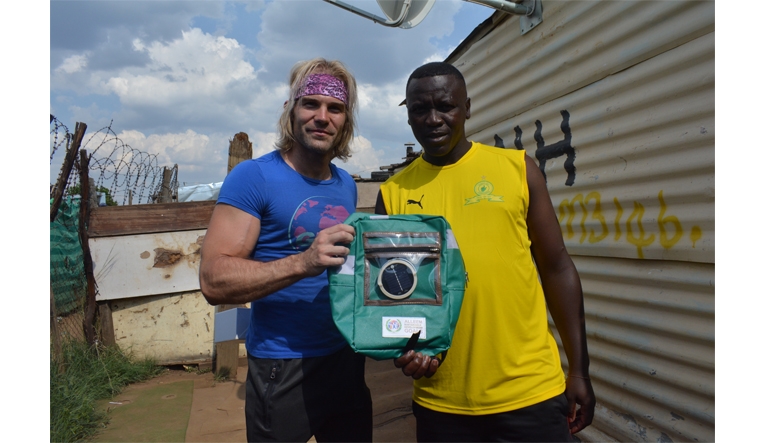
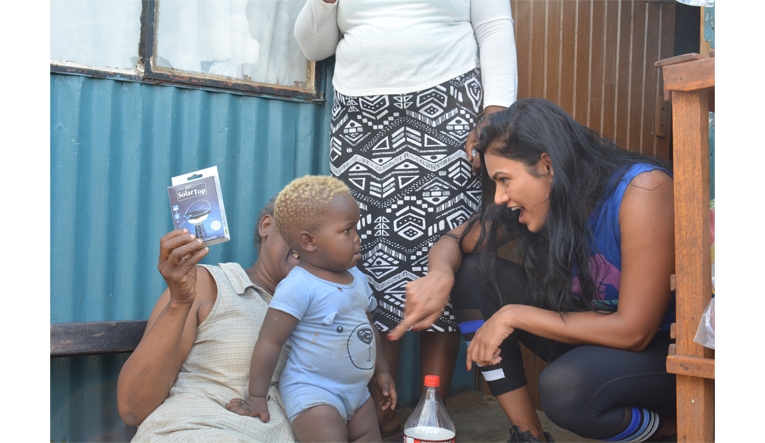
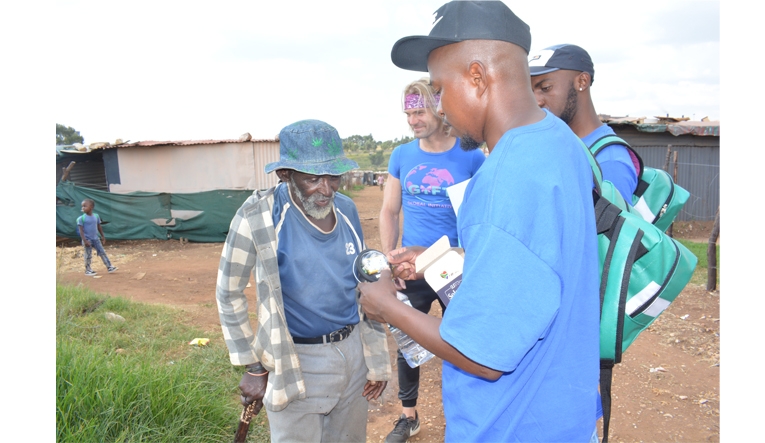
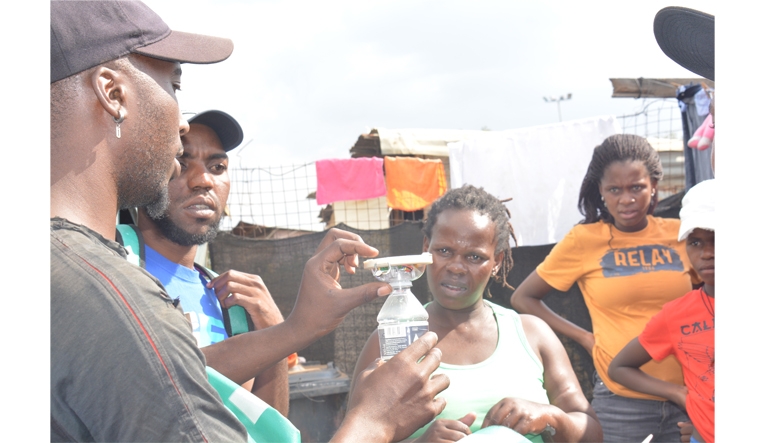
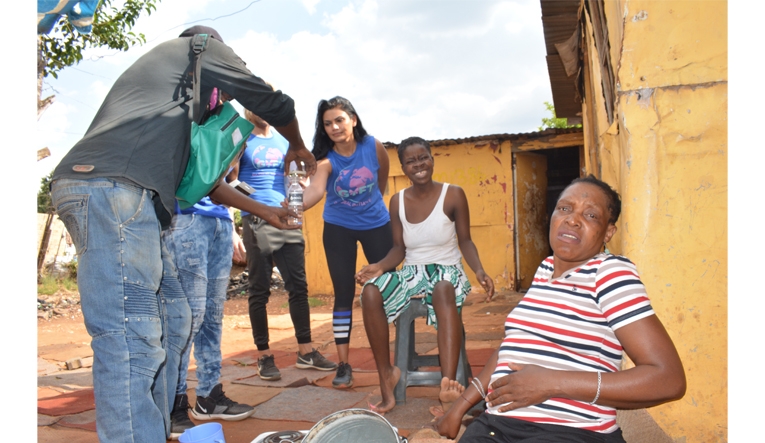
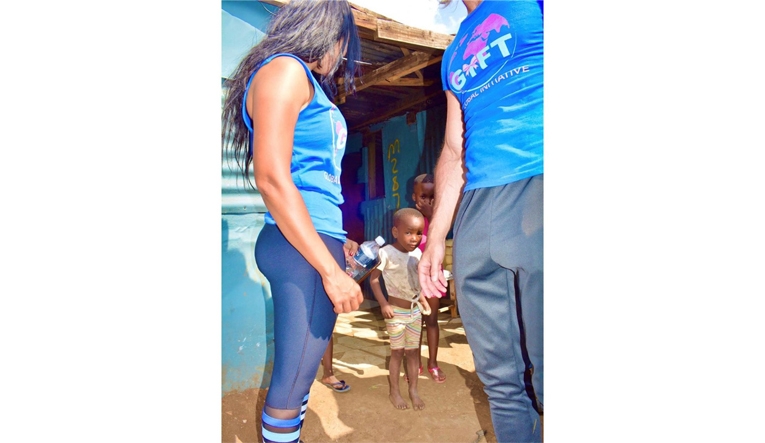
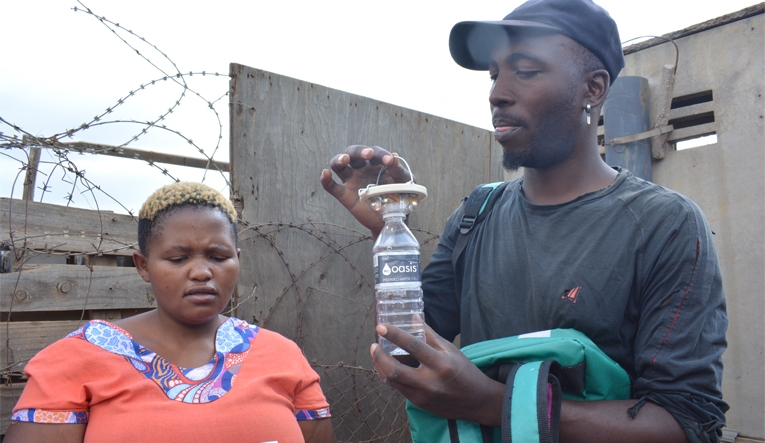
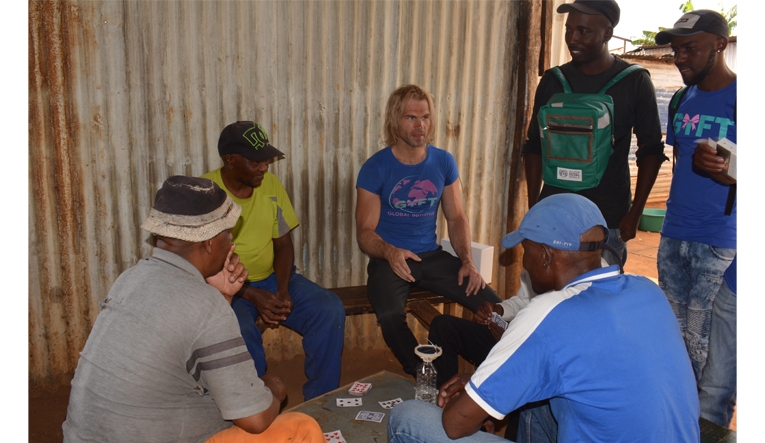
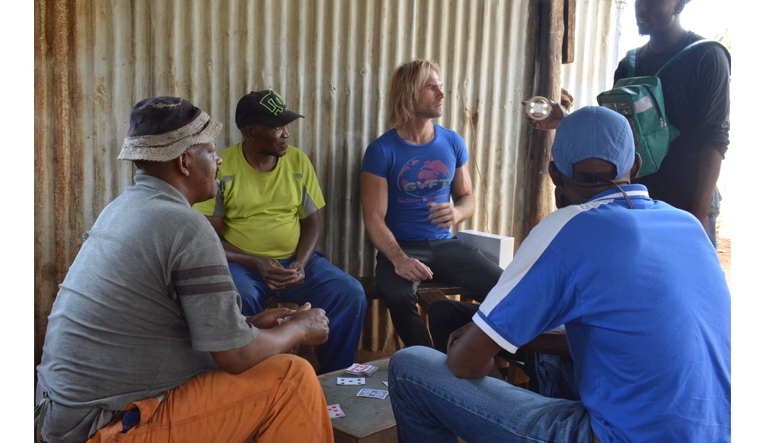
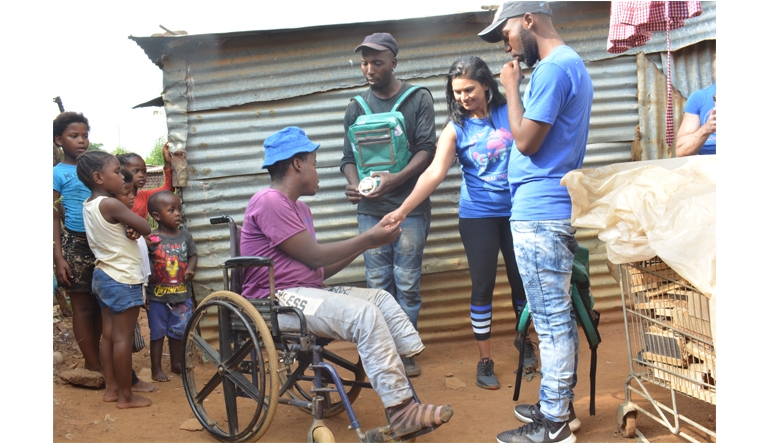
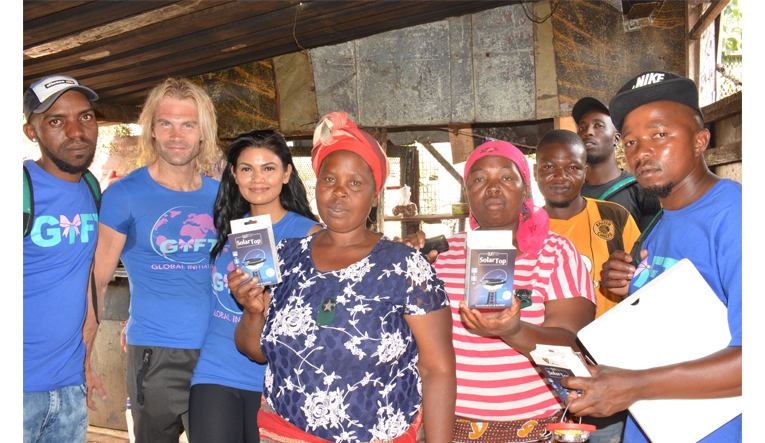
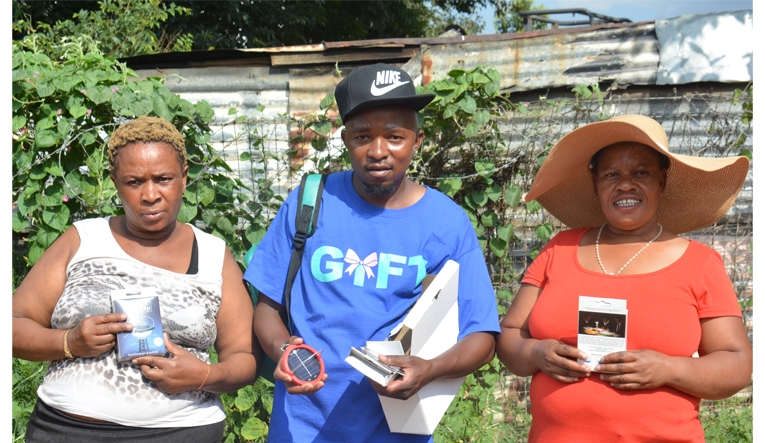
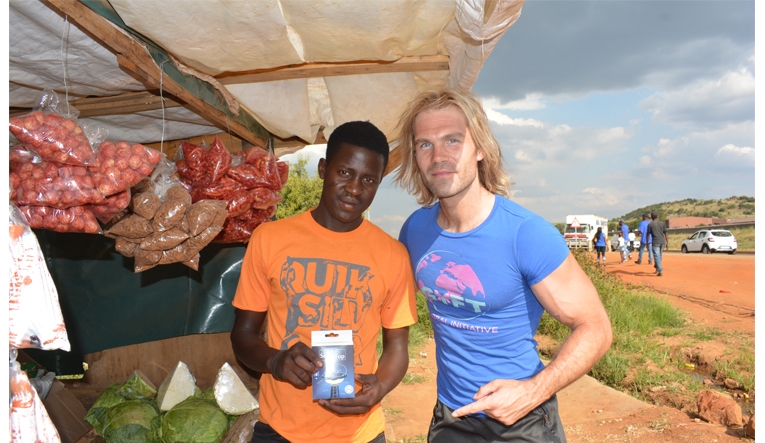

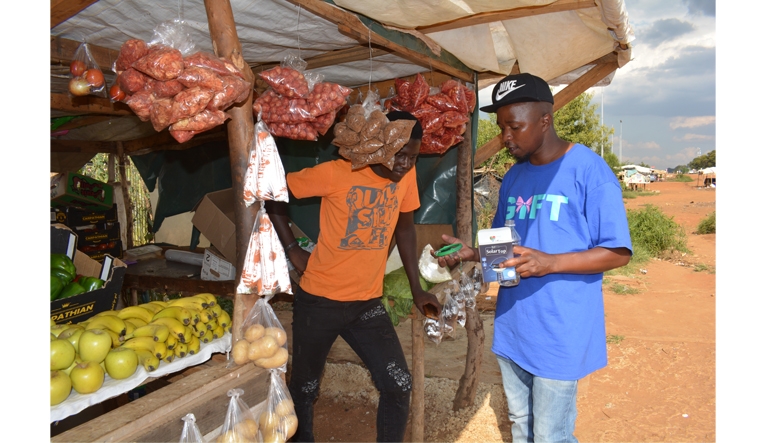
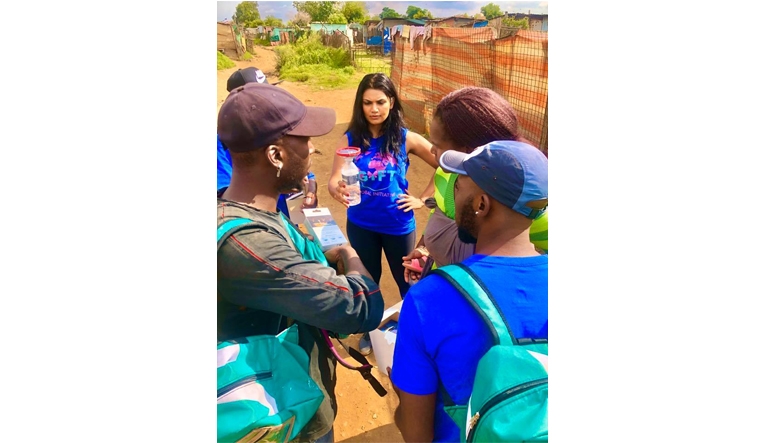
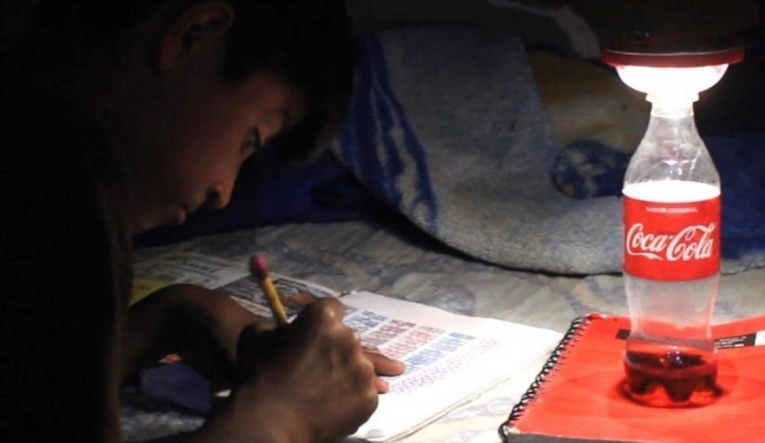
GIFT has adopted A World Clean Energy Initiative that aims at providing households access to low-cost portable solar energy, as part of a United Nations-backed initiative to fight poverty. Our Clean Energy Initiative has expanded access to Low-cost, Durable and Portable Solar Lights to low-income communities in 17 countries, bringing 54000 lights to families who do not have access to electricity. We are educating children and adults about benefits of switching to Clean Source of Light.
We estimate that some $520 million will be saved by consumers by switching from kerosene or biomass fuel to solar energy. In addition, carbon emissions will be reduced considerable. To deliver these clean energy products, we rely on our strong network of volunteers, non-profit partners funded by GIFT and the For-Profit sector to provide the technology influx needed for a project of this scale.
Nearly half the world’s population lacks reliable access to modern energy services and more than 20 per cent of the global population – 1.4 billion people – remains without access to electricity. According to a recent UNDP report, household air pollution from the use of biomass fuel is expected to cause more than 1.5 million deaths a year by 2030. The initiative will also help to further the goals of the Sustainable Energy for All initiative, which seeks to ensure universal access to modern energy services, double the rate of improvement in energy efficiency and double the share of renewable energy in the global energy mix, all by 2030.
We are positive that clean energy can kick start sustainable development in these countries thereby decreasing poverty. For example, until recently, Soweto situated right in the heart of Johannesburg did not have any basic services – such as schools, health centers, or even energy – connecting the shantytowns to the electricity grid would be extremely time-consuming, and costly. But our partnership with the United Arab Emirates Embassy in Pretoria looks set to change the outlook for Soweto, and, within a matter of months, kickstart sustainable development for the benefit of the thousands of people, and it could herald an improved outlook for other economically disadvantaged parts of our world in a similar way.